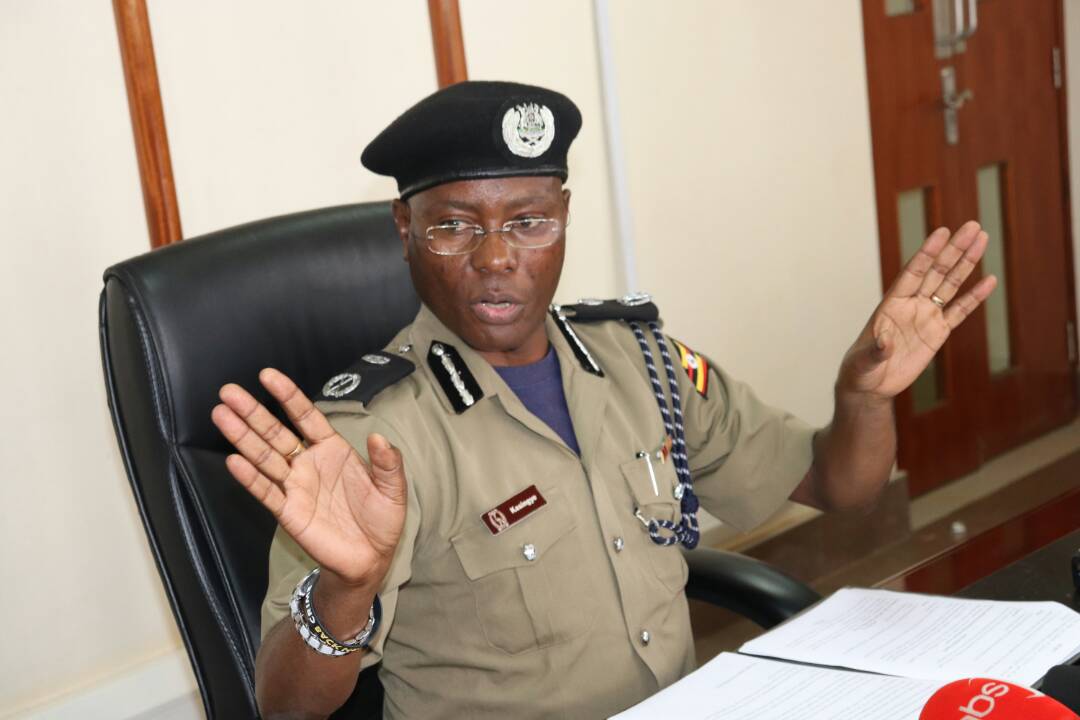Police Spokesperson Asan Kasingye has denied the narrative that the recent arrest of police officers points to a deepening rift between the police and other security agencies.
In the wake of the arrest and prosecution of seven police officers (some Seniors) before the Court Martial, critics have come out to question the ‘uncoordinated’ efforts and intelligence that exists between these organs.
Some say this absence of cohesion among such entities could expose the country to security threats.
When media first reported that the suspected officers were apprehended and detained by the Chieftaincy of Military Intelligence (CMI), the police spokesperson Asan Kasingye had told the press that he had no knowledge of both investigation and the arrest. This seemingly lacuna in inter-agency communication is what led some to say that there was a friction between CMI and police.
Kasingye on Monday admitted that police only got to learn about the offenses for which the officers were being investigated after they were arraigned before court on Friday, a week after they were detained.
“I have been consistent and at the time I said they [the arrest of the police officers] were rumors. I don’t speak for the army and I was not aware of why they were arrested,” Kasingye told the press on Monday after being asked to clarify why he denied the reports last week.
“We only got to know of the charges on Friday when they were brought to court,” he added.
But Kasingye insisted that this doesn’t not tantamount to a rift between the security apparatus of the country.
“There’s no rift between the police and other security agencies in the country. On Friday, when allegations were made that the army had besieged the home of the IGP, I advised the army spokesman to issue a statement and clear the air,” Kasingye told journalists during a press briefing at the Naguru Police headquarters on Monday.
He added; “If a soldier commits a crime and is arrested by police, this doesn’t create a rift. We need to separate individual acts from the mandate of institutions.”
Kasingye said that police officers are public servants and that asking them to account for their actions was not supposed to create speculation.
“The work we do is public work and so if one of us is called to explain what they did in their course of work, it shouldn’t be taken in bad faith.”
But this is not the first time police has admitted to being left in the dark during an investigation. Weeks earlier, Kasingye told the press that police was aware that there was an ongoing investigation in connection with the murder of its former spokesperson AIGP Andrew Felix Kaweesi but that it [police] was not privy to the details.
His comments followed an incident when police officers who were responding to an alarm raised by ex lover of Kaweesi, Christine Mbabazi in Lungujja but were denied access by soldiers who had been deployed there.
While Kaweesi said police and other security agencies particularly Internal Security Organization (ISO) had worked jointly on numerous cases and that police relied on intel sourced by ISO, recent developments seem to contradict this.










